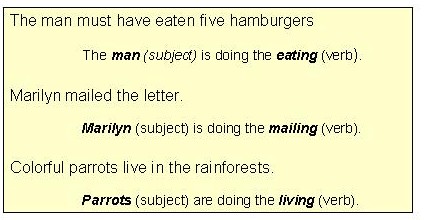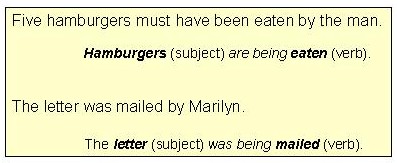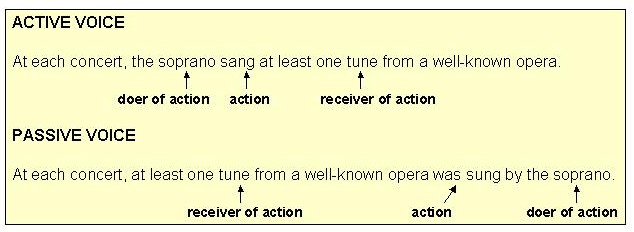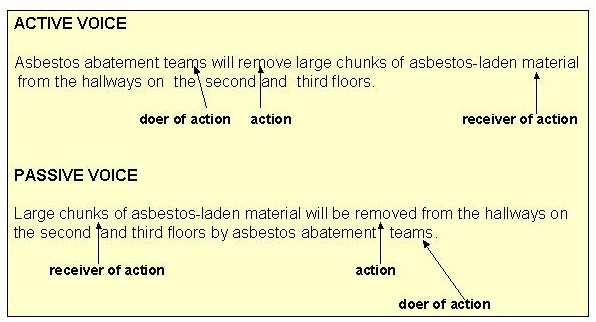Synopsis :
It
is about a street violinist named Johnnie and a dancer named Ruby. Johnnie is
the one who try to be American Citizen but he was deceived. Then he met a girl
named Ruby when he lost his violin in the subway. Ruby is the one who help me
to find his violin and then they become a lover. Ruby and Johnnie try to reach
their dream together and going to a String and Dance Competition.











